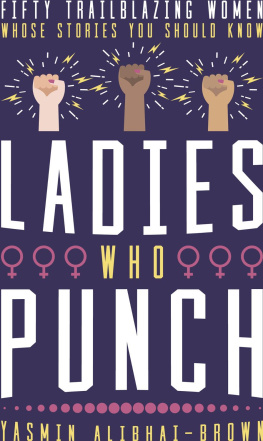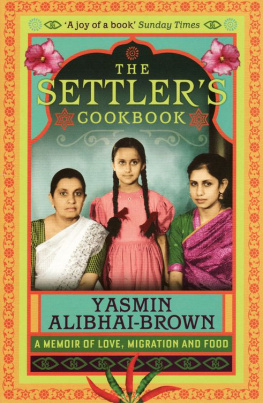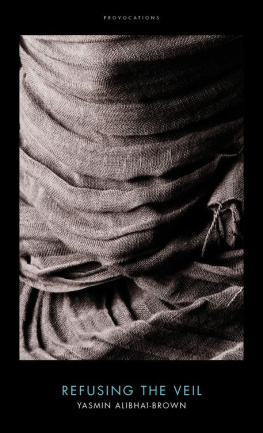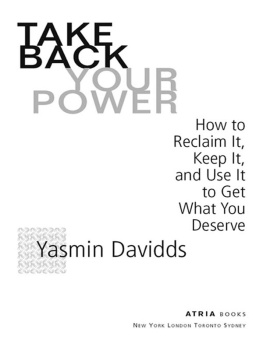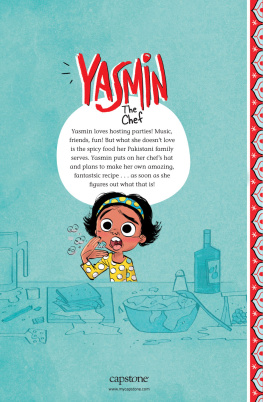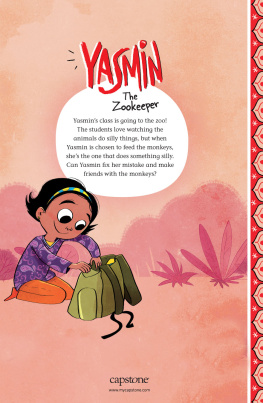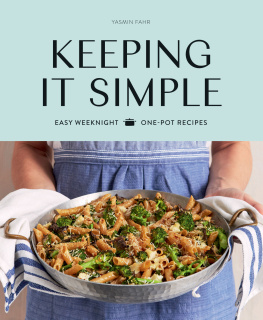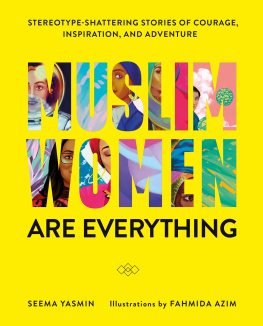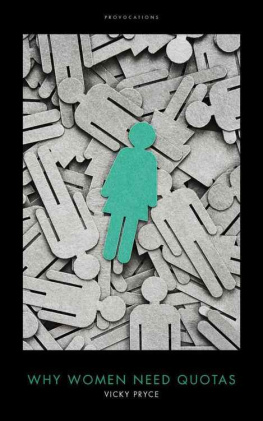Yasmin Alibhai-Brown - Ladies Who Punch
Here you can read online Yasmin Alibhai-Brown - Ladies Who Punch full text of the book (entire story) in english for free. Download pdf and epub, get meaning, cover and reviews about this ebook. year: 2020, publisher: Biteback Publishing, genre: Non-fiction. Description of the work, (preface) as well as reviews are available. Best literature library LitArk.com created for fans of good reading and offers a wide selection of genres:
Romance novel
Science fiction
Adventure
Detective
Science
History
Home and family
Prose
Art
Politics
Computer
Non-fiction
Religion
Business
Children
Humor
Choose a favorite category and find really read worthwhile books. Enjoy immersion in the world of imagination, feel the emotions of the characters or learn something new for yourself, make an fascinating discovery.
- Book:Ladies Who Punch
- Author:
- Publisher:Biteback Publishing
- Genre:
- Year:2020
- Rating:5 / 5
- Favourites:Add to favourites
- Your mark:
- 100
- 1
- 2
- 3
- 4
- 5
Ladies Who Punch: summary, description and annotation
We offer to read an annotation, description, summary or preface (depends on what the author of the book "Ladies Who Punch" wrote himself). If you haven't found the necessary information about the book — write in the comments, we will try to find it.
Ladies Who Punch — read online for free the complete book (whole text) full work
Below is the text of the book, divided by pages. System saving the place of the last page read, allows you to conveniently read the book "Ladies Who Punch" online for free, without having to search again every time where you left off. Put a bookmark, and you can go to the page where you finished reading at any time.
Font size:
Interval:
Bookmark:
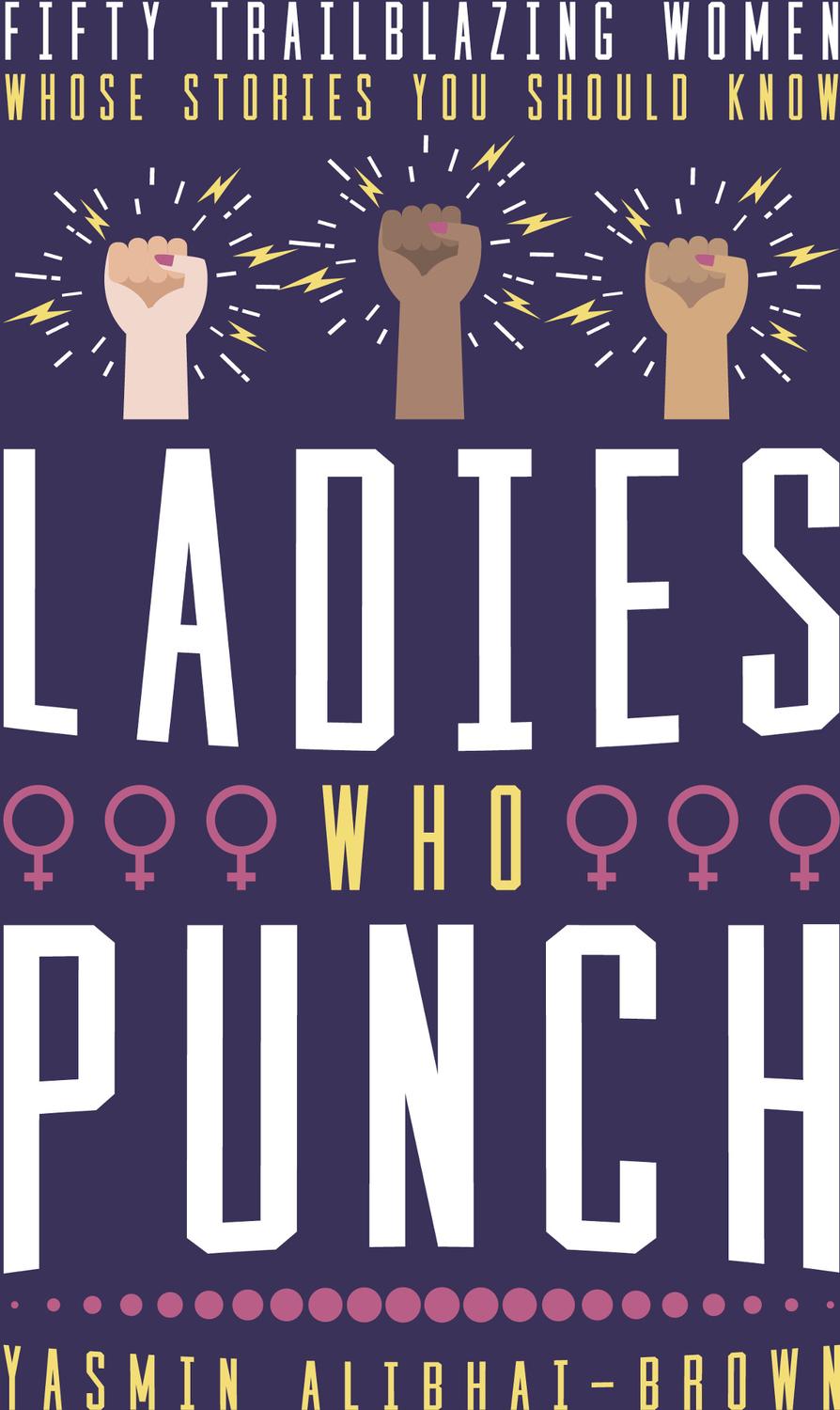
v
To Jena, my mum, a feminist before the word was spoken.
And young feminists, including my daughter, Leila, from whom I learn so much.
vi
- viii
- ix
- x
I thank the fabulous women in this book who agreed to talk to me frankly and fully about their lives. I am grateful to Olivia Beattie and James Stephens at Biteback Publishing for commissioning the book and for waiting patiently for me to deliver (I missed two deadlines). And to Lucy Stewardson, an exceptionally skilled, speedy and genial copyeditor. My lovely assistant, Milly Vincent, transcribed the interviews and was a vital sounding board.
My husband, Colin, brought me chocolate, coffee and extra love on the hardest days. Ari, Liz, Rafe, Lara and little Leo lifted my spirits during lockdown. And I will always be obliged to Mrs Milner, my teacher in secondary school in Uganda. She gave me a copy of Mary Wollstonecrafts A Vindication of the Rights of Woman, my first guidebook for a good feminist life. xii
Of course, men know best about everything, except what women know better.
G eorge E liot , M iddlemarch
P icking fifty ladies who punch was the hardest part. Every choice will chime with some and vex some others. There are thousands of astonishing women out there and at times I dreamt of women Id left out, chiding ghosts in my subconscious: Why not me? Why her? The broadcaster and writer, Iain Dale, who has compiled similar lists of powerful Britons, told me such predicaments are unavoidable and also rather bracing.
This is not a celebratory compendium of self-made, self-aware, inspirational role models. The diverse characters were, or are, highly charged mavericks, many of them accidental trailblazers. They contested assigned roles and refused to comply in a biased, unjust male world. They could be bloody difficult, not always easy to like, not that bothered about being liked. Thats what made them special. Some stories are well known, others should be better known. In this age of instant, evanescent fame, celebs come and go, like iridescent bubbles. I sought out remarkable women of more substance and durability.
There are, of course, millions of strong women who dont, xiv cant or wont punch or shout. They who live faithfully a hidden life find their own ways to resist male control and be themselves. My mother, Jena, and her friends had to live within the confines of an Asian patriarchal system, but they were subversive in noiseless, surreptitiously effective ways. They taught their daughters to imagine a life beyond the domestic sphere, to study and go places. Jena defied my father and brother and sold some of her gold bangles so I could go to uni.
Countless alternative resisters exist in our times. Research in the UK shows that fewer than one in five women in the UK call themselves feminists, and yet eight in ten say they believe in equal rights for women. Blogger Elianna DeSota is a discreet equalist: I choose to fight quietly. I choose to be heard through my actions, and through careful consideration. I choose to hold my beliefs close for the sake of meeting the opposition on friendly terms. Introverted women are unobtrusively climbing up the corporate ladder. The website Mumsnet has lively debates initiated by confident and articulate mothers. In working-class families, women have to take on low-paid jobs, budget and raise children, often on their own. They might not have read a word about feminism, but they are among the strongest and most self-reliant women in this country. It is arrogant to assume that out-and-out feminists know best how to strive for and achieve gender equality.
The title of this book may alarm those who sentimentalise past eras when male and female roles were immutably fixed. xv Some even time travel to those good old days. Tradwives, for example, are the latest of many cohorts: The belief behind the movement is that wives should not work, and rather spend their days cooking, cleaning, wearing modest and feminine dress, and practise traditional etiquette, being submissive to their husbands and always put them first. They sure must be happy that lockdown rules and the corona crisis is taking wives and mothers back to the 50s: researchers at the University of Sussex have found that, over this period, between 67 per cent and 72 per cent of British women were doing most of the childcare and housework.
Sunil, an old uni acquaintance, sent a teasing email when I told him the title: So its about women who hit their husbands? Sigh. No. What then, boxers? No but someone needs to write a book about unbeatable smashers like Jane Couch, a working-class Lancashire lass who became the first officially licensed female boxer in 1998. Yep, 1998, when she won a sex discrimination case against the British Boxing Board of Control, which had kept women out because, apparently, premenstrual tension made them unstable. And Muslims are entering rings too. British-Somali Ramla Ali, for example, who boxes for England, and Zahra Butt, mother of three and an accredited boxing coach.
Gripers will, for sure, gripe: Why another flipping book on wimmin? Theyve got it all quotas, #MeToo, special treatment and they keep wanting more. Mens lives matter too. To them, I say this: British women and girls are still seen as the weaker sex, as stupid, as sex objects, as dependents, as intellectually inferior, as less worthy than men, as hopeless creatures, subject to constant judgement and unwarranted guidance. Journalist Gaby Hinsliff womansplains these burdens: Dont go out alone in the dark. Dont get carried away in the heat of the moment. xvi Work twice as hard in order to be taken half as seriously, but dont work so hard that you somehow forget to have a baby. Be nice, be good, but above all be careful. Infuriatingly, being nice, careful and obliging only earns us further disrespect.
Here is but one example of that disrespect, unmeant, Im sure. Stephen Trombley, a prolific and serious writer on the history of ideas, chose forty-seven men in a book on fifty thinkers who shaped the world. Leading philosophers Mary Wollstonecraft, Ayn Rand, Elizabeth Anscombe, Iris Murdoch and various others didnt satisfy the criteria. Im sure he didnt deliberately exclude women. The most generous explanation would be that he, like most other social beings, fell into habitual ways of thinking. Its the way it is and always has been.
Hillary Clinton reminds us that progress is real but half-finished: Weve knocked down or changed a lot of the legal barriers against the participation of women, but we are just at the beginning of trying to uproot the attitudinal barriers, the cultural barriers that are internalised by both men and women. For every gain made by British women and there have been tremendous gains in this century there has been a vicious backlash or panicky fightback.
In the UK, there are more female MPs than ever before. Labour passed the 50 per cent mark in the 2019 election and best reflects a class and race mix. The Conservatives gave us (briefly) the second female PM in our history and in the past decade more women have been appointed to Tory Cabinets, with some, like Priti Patel, becoming enormously powerful. The Womens Equality Party was set up in 2015 by the writer and journalist Catherine Mayer and comedienne Sandi Toksvig to push harder than ever before for more participation and xvii female-led policies. This bold new entity has spooked the political environment and catalysed the other main parties: they now pursue and court the female vote, because it counts.
Font size:
Interval:
Bookmark:
Similar books «Ladies Who Punch»
Look at similar books to Ladies Who Punch. We have selected literature similar in name and meaning in the hope of providing readers with more options to find new, interesting, not yet read works.
Discussion, reviews of the book Ladies Who Punch and just readers' own opinions. Leave your comments, write what you think about the work, its meaning or the main characters. Specify what exactly you liked and what you didn't like, and why you think so.

